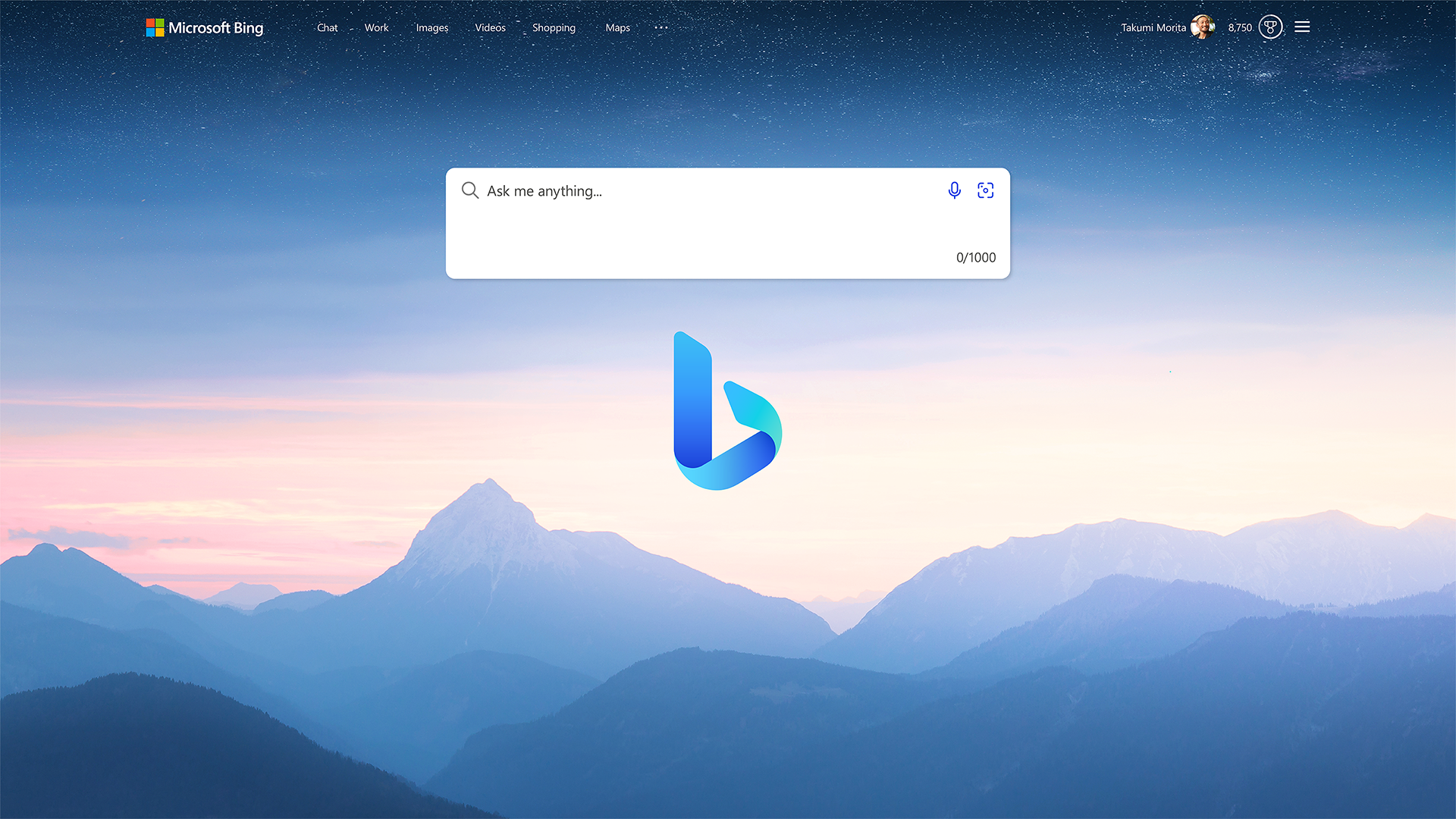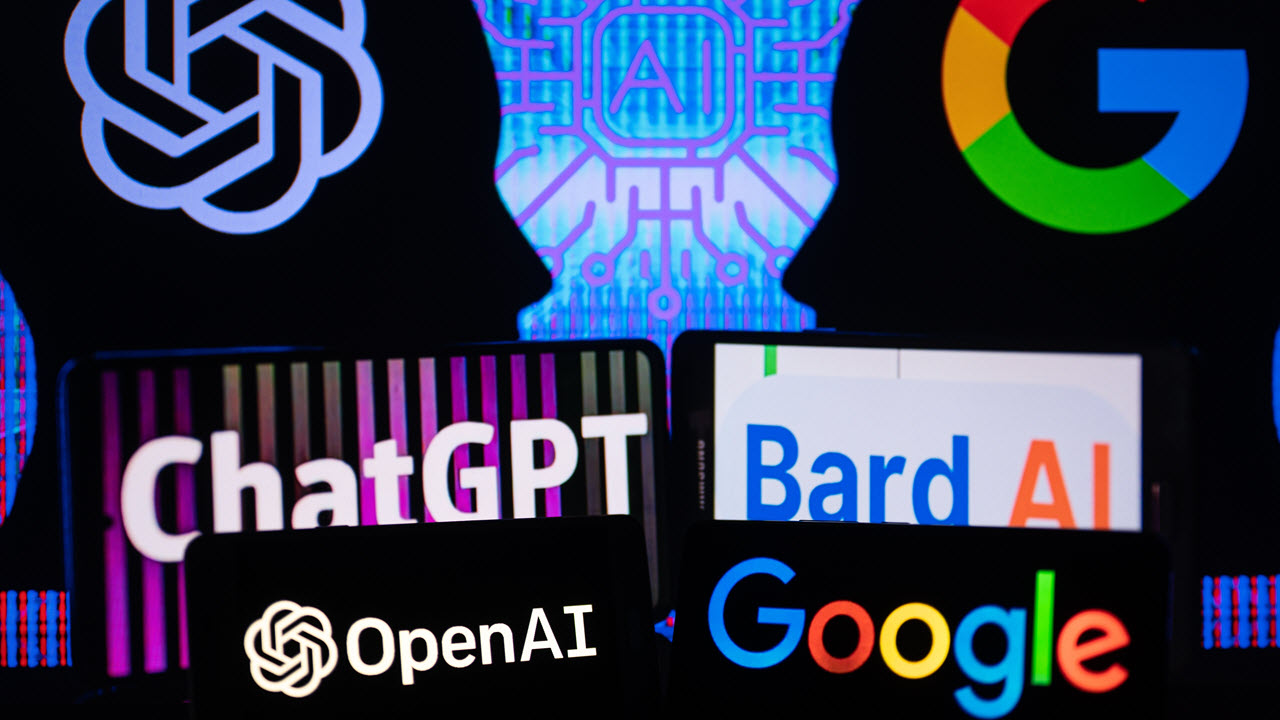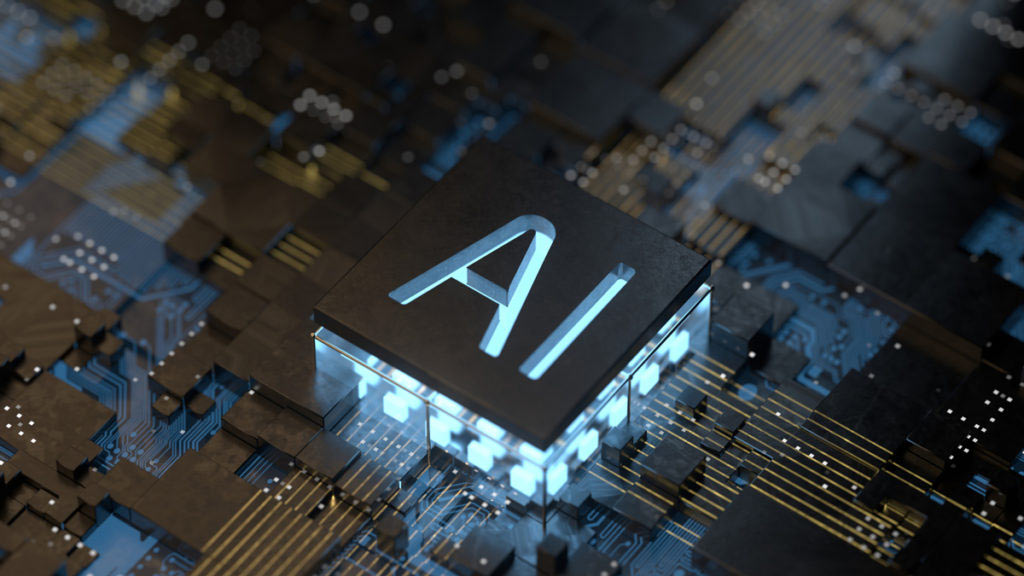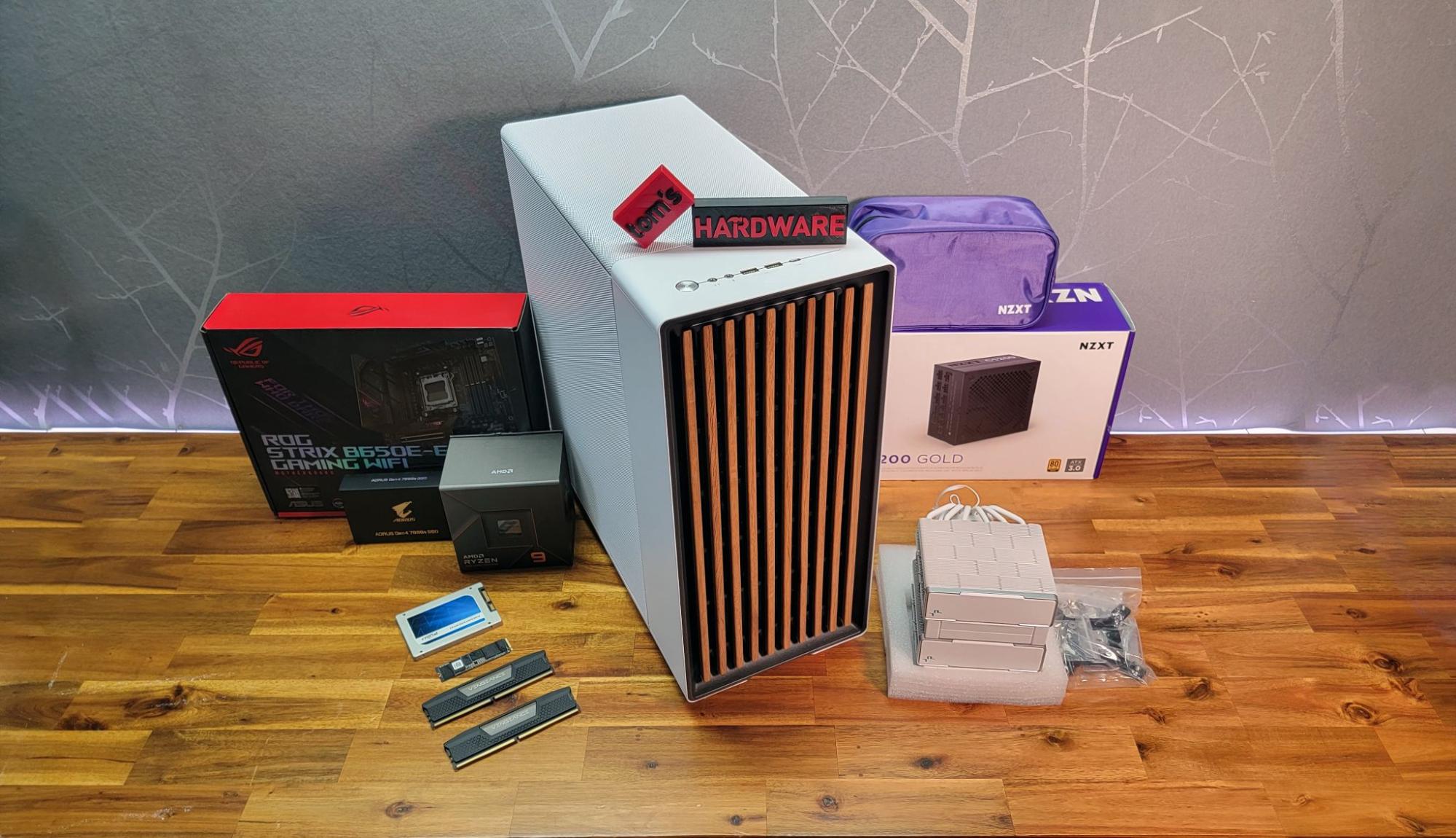This Week in Upgrades: AI Versus DIY
Do you want to trust a search bot to give you good advice?
AI barreled full-bore into search engines and news headlines this week, as Microsoft announced it was bringing OpenAI (the tech behind ChatGPT) to its Bing search engine and Edge browser. Then a day later, Google jumped on the bandwagon, demonstrating its own AI-powered Bard bot’s ability to offer up search results (complete with factual errors).
And at least to some extent, both companies are reacting to similar moves by Baidu, a company that often gets described as China’s equivalent to Google. Of course, it doesn’t hurt that seemingly any publicly traded company that can generate AI-related buzz right now is getting a boost to its stock price. Clearly, AI is having a moment. Perhaps that will extend to a product cycle, or maybe even an epoch.
Microsoft Brings ChatGPT AI to Bing and Edge
And yet, as our own @geekinchief points out, these AI-generated search results, while clearly technically impressive and game-changing in ways we probably won’t truly know for years to come, are at this point just scraping human-generated experience and data. And, to some extent, they’re obscuring human creators in the path toward technological progress (and higher stock prices). If AI replaces the humans who currently create the Internet every day, what will the next generation of AI train itself on?
Erasing Authors, Google & Bing's AI Bots Endanger Open Web
Does the AI tech behind these recent developments have a future in the technological foundations of our society? Undoubtedly, at least in some form. In fact, it’s already helped improve the design of over a hundred chips, and will no doubt help develop new drugs and disease cures in the years to come.
AI Chip-Layout Tool Has Helped Design Over 100 Chips
But how useful will AI-created search results be in the weeks and months to come? Time will of course be the judge of that. But after spending a good chunk of this week updating our How to Build a PC story, I’d be confidently happy to put it up against any current AI. It packs in over 50 photos, taken over two builds and across three different PC platforms.
How to Build a PC
Its 4,700-plus words encompass human experience gleaned from decades of real-world PC-building and upgrading experience, starting in the previous century and ending (for now) with my most recent build, installing an RTX 4090 and Ryzen 9 7950X inside Fractal Design’s gorgeous North chassis. This might just be the prettiest PC I've ever built. It's definitely the most powerful – and it doesn't have any RGB lights or glass panels.
So, will AI-generated search results surpass and supplant the answers and advice that comes from human expertise -- with quite a bit of fumbling and failing along the way? Maybe at some point. But not today, Bard, Baidu or OpenAI. Not today.
Get Tom's Hardware's best news and in-depth reviews, straight to your inbox.
After a rough start with the Mattel Aquarius as a child, Matt built his first PC in the late 1990s and ventured into mild PC modding in the early 2000s. He’s spent the last 15 years covering emerging technology for Smithsonian, Popular Science, and Consumer Reports, while testing components and PCs for Computer Shopper, PCMag and Digital Trends.
-
cryoburner Reply
Alexa, write me a clickbait article loosely tying my last article into whatever buzzword is most popular at the moment. : 3evdjj3j said:I wish AI would have wrote this article.




